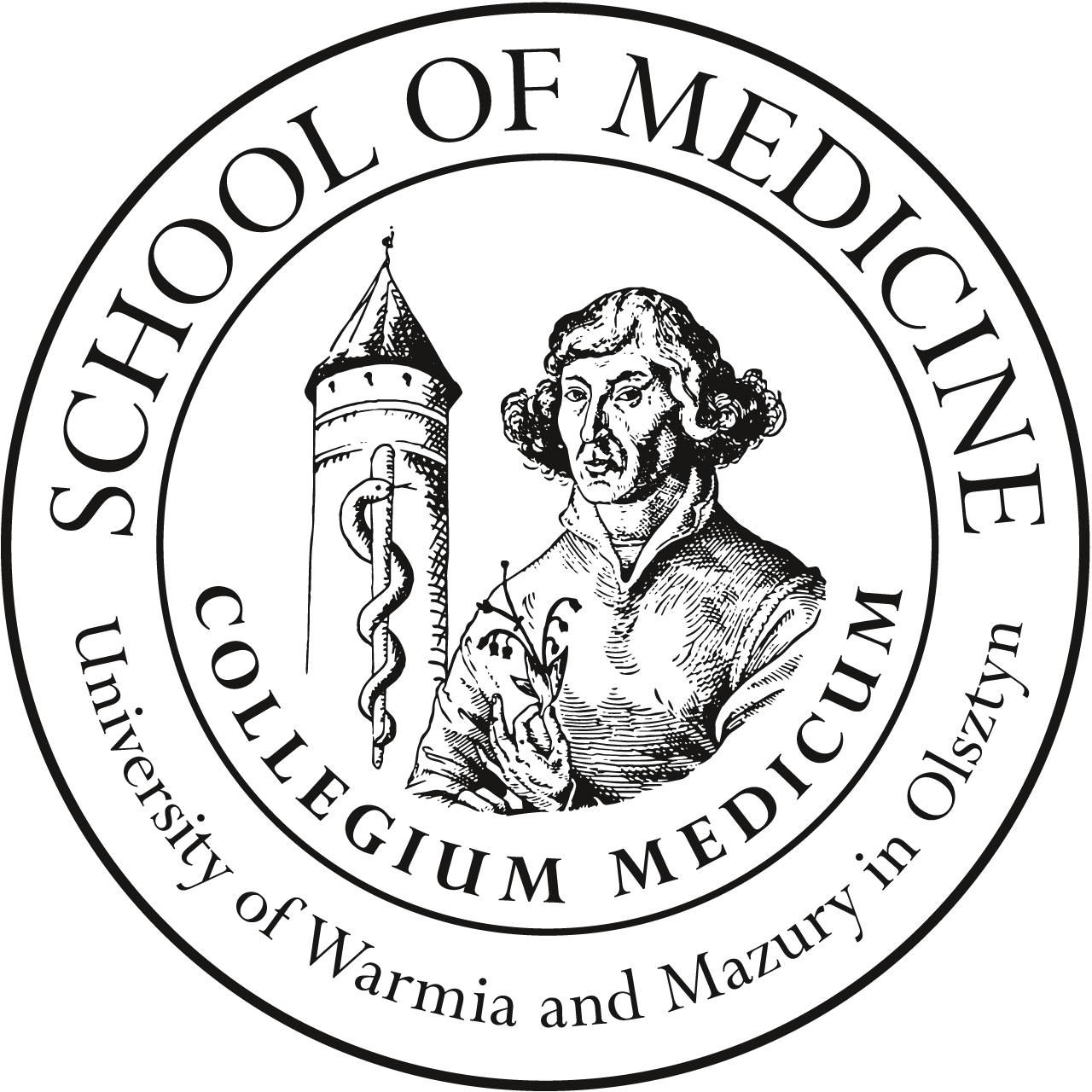REGULATIONS
RULES FOR OBTAINING A CREDIT FOR A SUBJECT OF PEDIATRICS
FOR STUDENTS IN THE FACULTY OF MEDICINE
YEAR III
All students taking classes in Pediatrics are subject to an absolute obligation to comply with health and safety regulations.
I. CLOTHES
In the hospital premises, students are obliged to wear a white, clean, wrinkle-free coat and changed footwear (with light soles). Outerwear, bags and personal items should be left in the changing room. No jewellery can be worn on hands. Painted and long nails are forbidden.
II. CLASSES
- Classes are held according to the framework and detailed programme of practical classes.
- Students are obliged to participate in seminars, practical classes and lectures.
- Mobile phones, notebooks and audio equipment must not be used during the classes.
- It is forbidden to smoke, eat or drink in lecture halls or in the ward.
PRACTICAL EXERCISES
Shall be conducted in the wards of WSSD ( Children’s Hospital) in Olsztyn, Żołnierska St 18a and Regional Hospital (WSS) in Olsztyn Żołnierska St 18.
YEAR III :
- V Paediatric Ward of Infection Diseases
- Department of Paediatrics, Gastroenterology and Nutrition - II Paediatric Ward Nephrology and Cardiology Unit;
- Paediatric Neurology Ward
- Department of Neonatal Ward WSSD
- Department of Oncology and Hematology
- Neonatal Ward WSS
- Center for Medical Simulation
1. A presence in practical classes is obligatory:
a) one excused absence in practical classes per semester is acceptable (for serious unforeseen reasons);
b) in case of longer excused absence, the student is obliged to make up for a missed class with another group; in order to do that, the student should:
- present a relevant excuse (e.g. a medical certificate) in the office of the Department 7 days after the end of the leave period and obtain consent to make up for the absence, after previous arrangements with the person conducting classes with a designated practice class group on a given day;
- obtain a written confirmation for making up for classes and obtaining a credit for the obligatory material;
c) an unexcused absence from a practical class prevents the student from obtaining a credit for a semester.
2. During each practical class, the student is obliged to know the material related to the current practical class and to previously held practical classes.
III. CREDIT
Within the semester, the student attends practical classes in two wards (according to the schedule of practical classes).
1. Admission to obtaining a credit for a winter semester, for a summer semester and for obtaining the final credit is conditioned upon:
- attending all practical classes, seminars and lectures
- passing at least 3 tests during practical classes in a winter semester;
- an oral report to the person conducting the subject concerning a specific scope of lectures, practical classes, seminars and introduction to paediatrics.
PRACTICAL CLASSES
A test related to preparation for practical classes (the material covering the subject matter of practical classes and seminars on the basis of obligatory textbooks and lectures) will be taken during the classes.
The test includes three written questions or multiple choice test ; pass - 5 pts, fail - 0 pts, max 20 pts in a winter semester and 45 pts in a summer semester.
The student who obtains 0 pts for one tests during the block in the winter semester or ) for two tests in a summer semester cannot obtain a credit for practical classes in a given semester.
On each day the student is evaluated by assistant 0 to 10 pts max for week 40 pts. The final grade is the mean of points.
Obtaining a credit for a winter semester:
≤ 42 pts - fail
43 - 45 pts satisfactory
46 -49 pts satisfactory plus
50 - 52 pts good
53 - 56 pts good plus
57-60 pts very good
Obtaining a credit for a summer semester
Obtaining ≥ 64 pts for tests and during the practical classes. A failure to obtain a credit will result in non-admittance to taking the final tests and repetition of year III.
The final credit for year III:
OSKE (Objective Structured Clinical Examination )
2 stations each 20 pts, max 40 pts credit from 29 pts
Students who have not passed the OSKE will have a second chance in 2 weeks (practical examination)
A failure to pass the examination on the second date results in repetition of year III.
Students, who pass OSKE will have final test, 60 questions.
Students who not have passed test will have a second test or oral examination ( depending on the number of students)
The final grade: the OSKE result+ test results
≤ 71 - fail
72 - 76 points - satisfactory
77 - 82 points - satisfactory plus
83 - 87 points - good
88 - 94 points - good plus
95 - 100 points - very good
SEMINAR
Students receive a grade as for the practical exercises.
LECTURES
- If the subject ends with obtaining a final credit (“zal”), the lecture is credited on the basis of the attendance list.
- The student is obliged to participate in lectures; in case of unexcused absence, the student is disqualified from obtaining a final credit.
Additionally:
The students following individual organization of studies are obliged to contact the person conducting the subject in order to determine the manner of carrying out the subject.
Any issues that are not covered in these rules are to be resolved by the Head of the Department.


